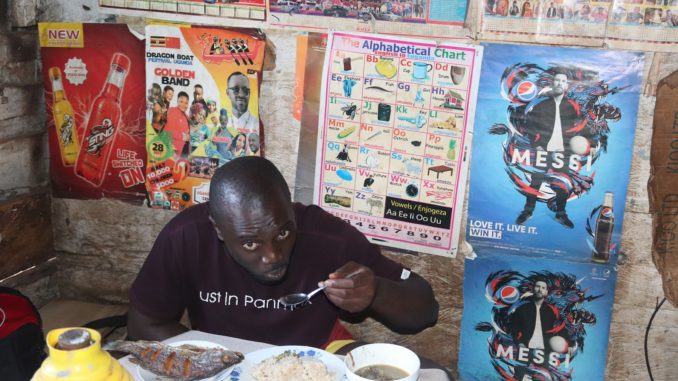
Leaving Nairobi
I left my Airbnb apartment in Nyanyo Estate, Embakassi East, Nairobi, which was only 15 minutes to the airport. Fortunately for me, I was able to arrive the airport on time as those hours of the morning, it was usual to have traffic congestion on the road to the airport. Checking in was very fast as I had already checked in online several hours earlier. At the immigration, just like any other immigration stand at the airport, there was the queue for the nationals and foreigners. The queue for nationals was neatly branded with ‘Wakenya’ and that for foreigners ‘Wageni’. This reminded me of something heard I about some Swahili that I had learnt the first time I planned to visit Kenya. I had to learn some Swahili.
Swahili also written as Kiswahili (The Swahili Language) is a language that has its origin from Bantu language spoken in areas around the East Coast of Africa. This language is widely spoken in most parts of East Africa, Eastern Congo DRC and Northern Mozambique and some parts of Somalia. The language just like most modern languages had a lot of influences from other languages especially Arabic. The Arabs had a lot of influence on the Kiswahili due to their earlier arrival to coastal East Africa for trades. The word ‘Swahili’ itself is an adulteration of the Arabic word ‘Sawahil’ which is can be translated to Coasts. The Arabic influence was also very evident in the orthography of the language. It was formally written in Arabic scripts but with the European influence, Latin scripts which is presently used for writing the language was eventually adopted.
Presently, the language’s vocabulary has more than 1300 borrowed words from Arabic. During the exploration of the Eastern African coast by the Portuguese, they had their own share of influence on the language and hence, it is not strange to observe some Portuguese, German and French vocabularies in the language. Colonial influences of the British also rubbed influenced the language as you can find some English vocabularies also in the language.
Swahili, The Language of The Coast
The language grew as a result of the fact that the then colonial powers needed to have a standard language to be used for administration and education. They wanted something that is local and could be easily learnt by all hence, in places like Tanganyika (present day Zanzibar) for instance, it was adopted by the then German colonial powers. Places like Kenya too had adopted it but the British preferred to use English instead and Swahili for local administration. The language was standardized at a time to help adoption. There exist some organizations in some of the countries that speak the language whose primary objective is to regulate and encourage the adoption of the language like the Baraza la Kiswahili la Taifa in Tanzania and these organizations has done quite a lot to promote the language. Today, Swahili is one of the language used in African Union and The East African Community. The language is spoken by up to 15 million native speakers and around another 150 million who speak it as a second language or an additional language. Recently, 16 countries of the Southern African Development Community (SADC) agreed to make the language an official language in the Region.
One other interesting thing I learnt about Swahili is the way they classify nouns. There are several noun classes but the one that got my attention at the airport which made me divert to this was the m/wa class of nouns. These classes are used to represent people or animate beings like human beings. For instance, to pluralize Kenya people, you have to add ‘wa’ to have WaKenya (Kenyans). Foreigner for instance is Mgeni, to pluralize it, add ‘wa’ to now have Wamgeni (Foreigners). Another example is child which is mtoto and children with is watoto and so on.
One other good thing that has been observed about the language is that in Africa that one of the countries that is very peaceful and stable is Tanzania and the reason is because the country speaks one language which is Swahili. In most African countries, asides from tribal differences, language barrier is such a big problem and most people even though they are from the same country would want to favor the one that speaks the same language as him or herself from a different country. The language has helped to bind the country together as a single entity.
Personally, I have learnt a lot of Swahili in the everyday life and movies. Mzee for instance is a word used to refer to an elderly statesman in the language. This term was used to describe people like Jomo Kenyatta, the then president of Kenya. Laurent Kabila, the assassinated president of the Democratic Republic of Congo and the famous Julius Nyerere of Tanzania. The movie Lion King also helped popularize the language. Below are some examples of commonly used words in Swahili sourced from glocom.com and omniglot.com.
Numbers
- 1: moja
- 2: mbili
- 3: tatu
- 4: nne
- 5: tano
- 6: sita
- 7: saba
- 8: nane
- 9: tisa
- 10: kumi
- 11: kumi na moja (ten and one)
- 12: kumi na mbili (ten and two)
- 20: ishirini
- 21: ishirni na moja (twenty and one)
- 30: thelathini
- 40: arobaini
- 50: hamsini
- 60: sitini
- 70: sabini
- 80: themanini
- 90: tisini
- 100: mia
- 200: mia mbili
- 1000: elfu
- 100,000: laki
Days of the Week
- Monday: Jumatatu
- Tuesday: Jumanne
- Wednesday: Jumatano
- Thursday: Alhamisi
- Friday: Ijumaa
- Saturday: Jumamosi
- Sunday: Jumapili
Days and times
- Today: leo
- Tomorrow: kesho
- Yesterday: jana
- Now: sasa
- Later: baadaye
- Every day: kila siku
- Time: Saa
- Hour: Saa
- Watch/Clock: Saa
- Morning: Asubuhi
- Evening : Jioni/Usiku
- Afternoon: MchanaLate afternoon: Alasiri/Jioni
- Dusk: Magharibi
- Night: Usiku
- Late night: Usiku wa manane
- Early morning: Alfajiri
- What time is it? : Saa ngapi?
- Noon: Saa sita mchana
- Now: Sasa
- Day before yesterday: Juzi
- Day after tomorrow: Kesho-kutwa
- Day: Siku
- Week: Wiki
- Month: Mwezi
- Year: Mwaka
- Century : Karne
Salutations:
- Hello: jambo
- How are you?: habari gani
- Goodbye: kwa heri
- See you later: tutaonana
- Nice to meet you: nafurahi kukuona
- Goodnight: lala salama
- Thank you: asante
- Thank you very much: asante sana
- Please: tafadhali
- Excuse me: samahani
- You’re welcome: starehe
- Yes: ndiyo
- No: hapana
- OK: sawa
Food and Drinks
- Food: chakula
- Hot/cold: ya moto/baridi
- Water: maji
- Hot water: maji ya moto
- Drinking water: maji ya kunywa
- Soda: soda
- Beer: bia
- Milk: maziwa
- Meat: nyama
- Chicken: nyama kuku
- Fish: sumaki
- Beef: nyama ng’ombe
- Fruit: matunda
- Vegetables: mboga
Back to the queue at the Jomo Kanyetta International Airport, It was my turn to be attended to at the Wageni queue, the immigration cleared me almost immediately and I went straight to the Ndege, the Swahili word for bird which is also used for the airplane.
We arrived Entebbe the next hour. Local times in Nairobi and Entebbe are the same. The weather was a bit cloudy and it seemed it just rained. Having an East African Visa already, I did not face lots of questioning from the immigration to request for a new one. I filled out a few immigration forms and then continued to the lady immigration officer who seemed to be having a nice day. She stamped my passport without questioning.
Entebbe Airport
The foreign exchange rates at the airport was around $1 USD to 3500 UGX (Uganda Shillings). I also got a sim card and a data bundle for internet services. One important thing to note is that Ugandans pay tax to use most social media sites. The tax is pegged at 200 UGX which is around $0.02 USD per day. Lots of Ugandans don’t seem to like the idea of paying this tax. They alleged the president once said the essence of the tax is to reduce gossip on the social media.
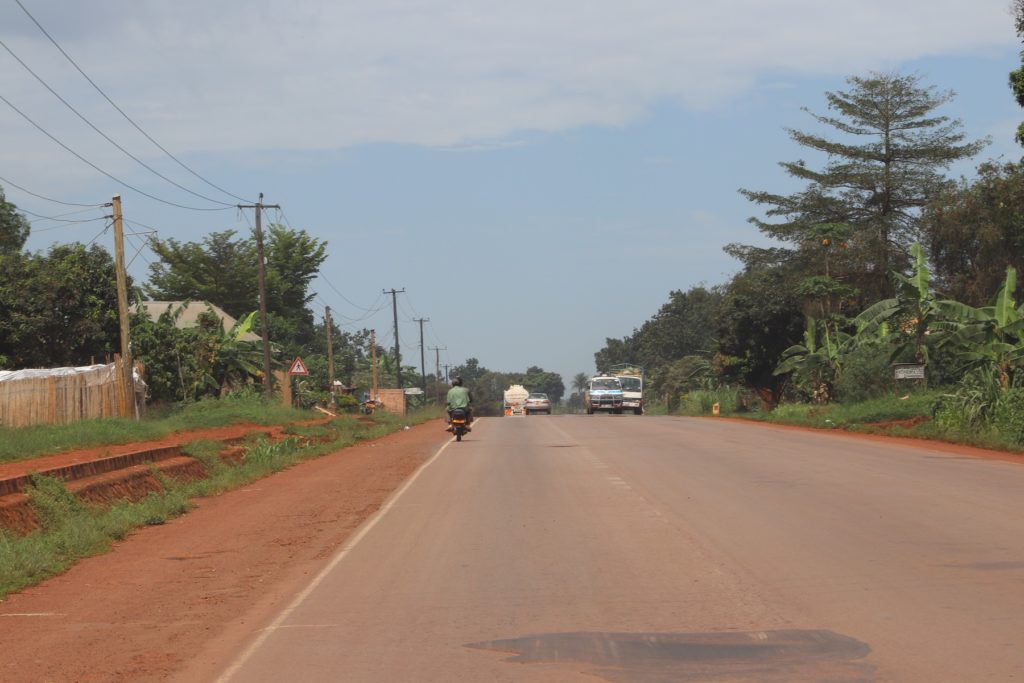
On the road to Jinja 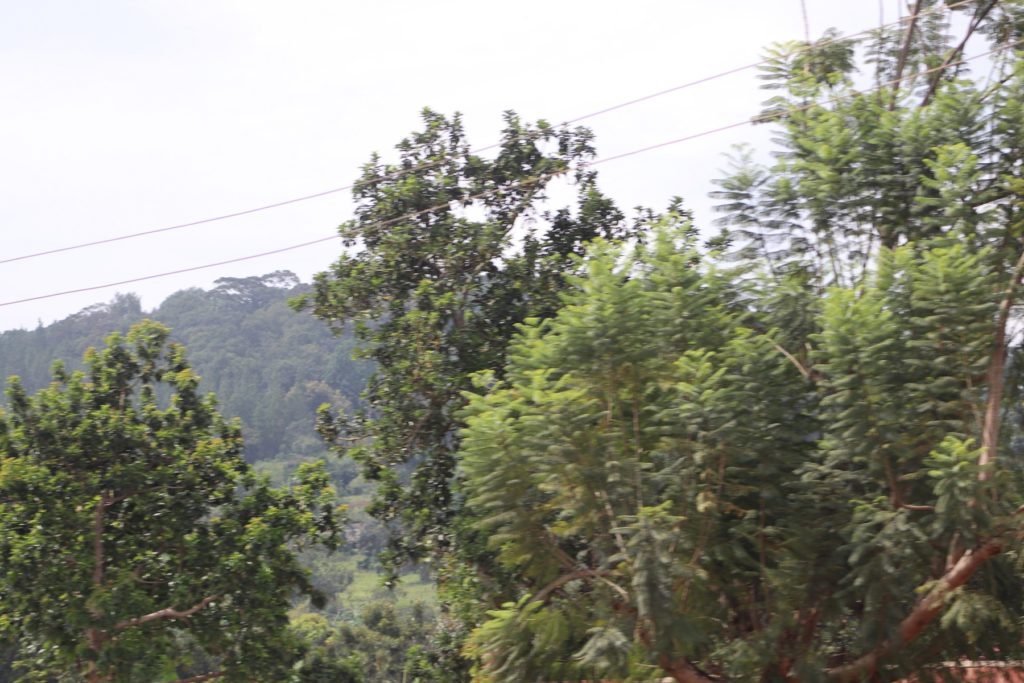
Uganda Country side 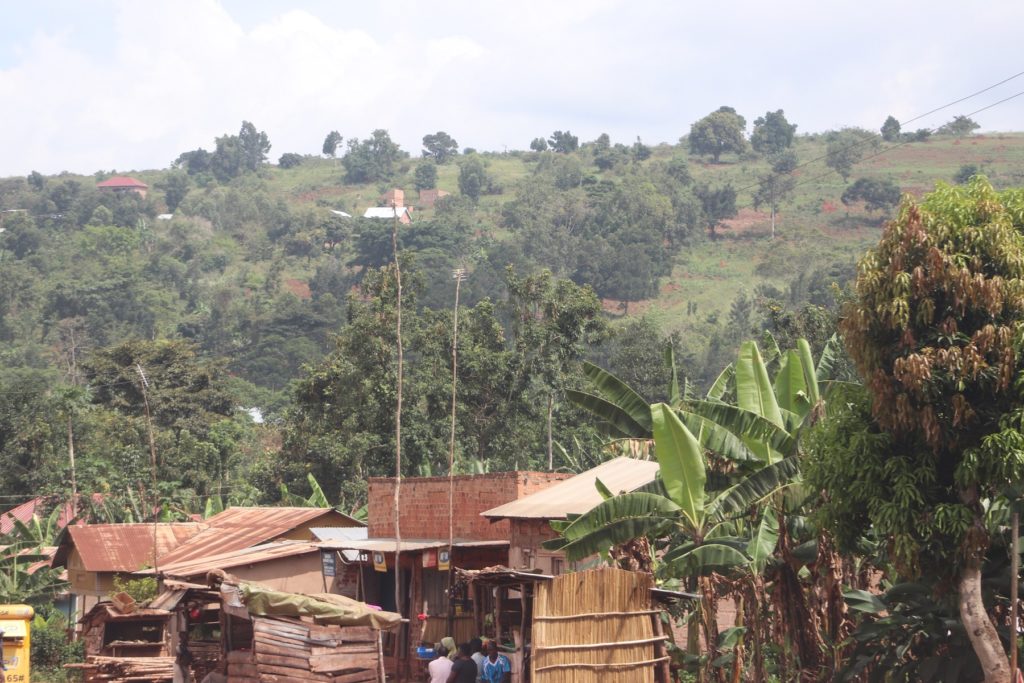
Uganda Country side 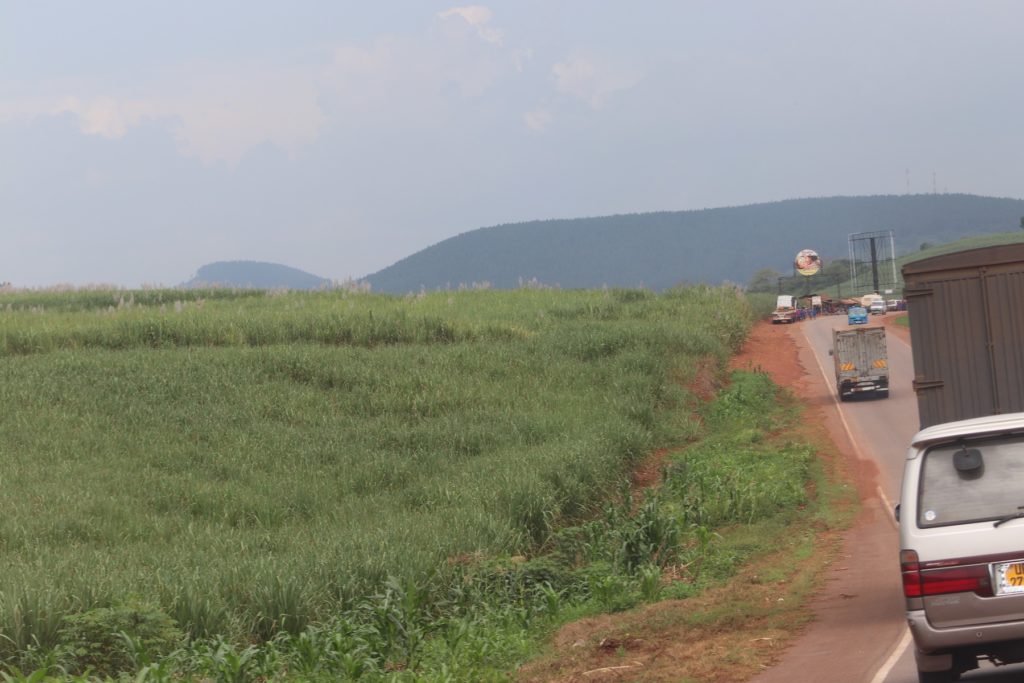
Uganda 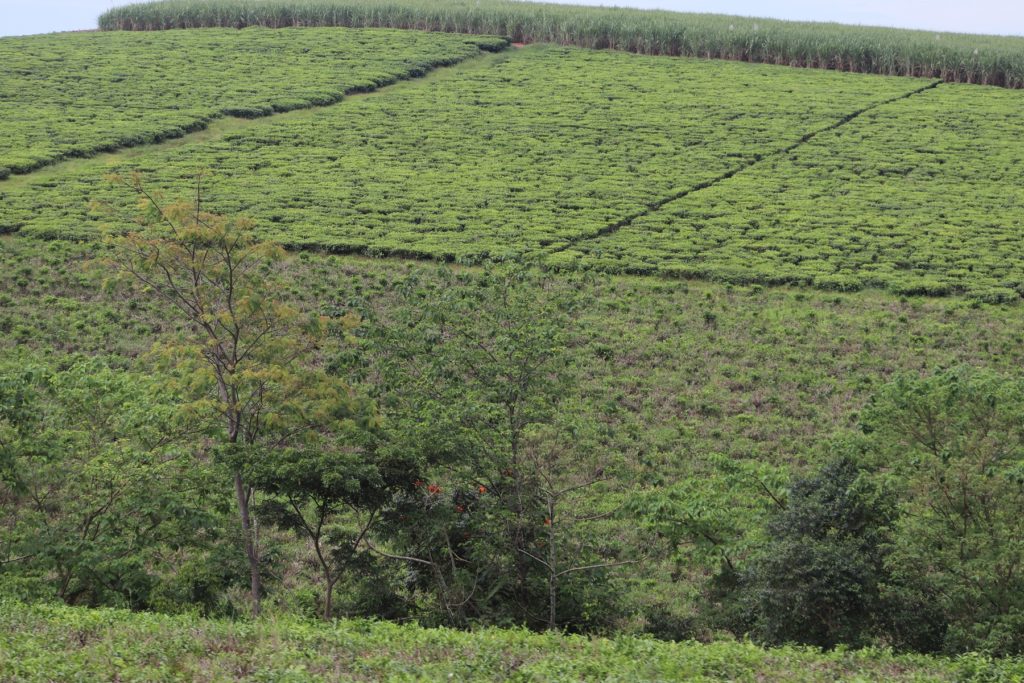
Beautiful vegetation 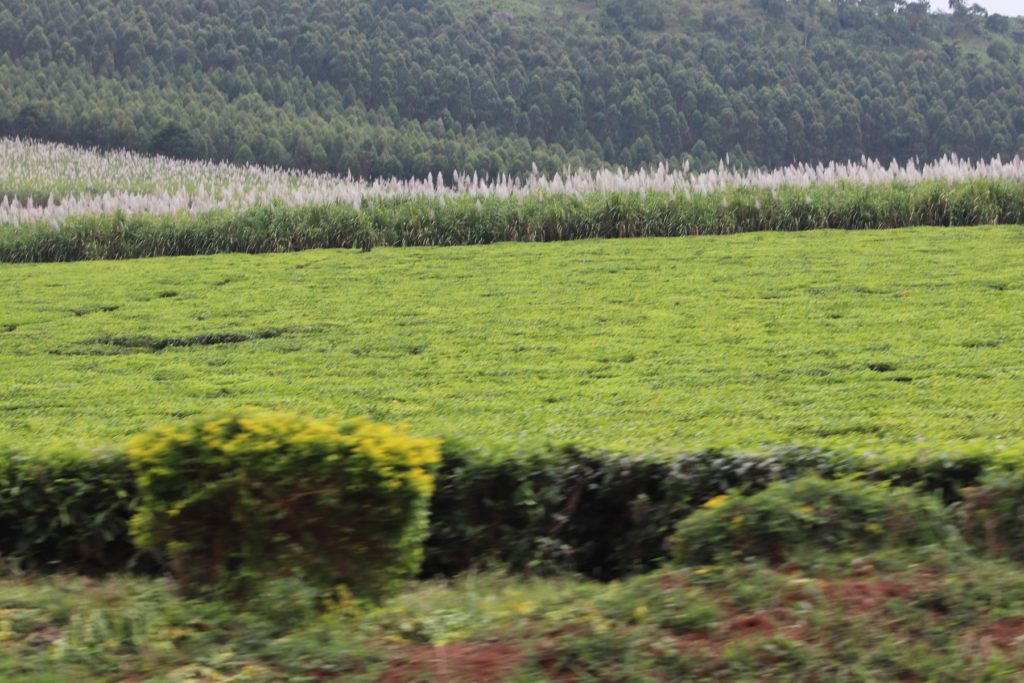
Beautiful Uganda Vegetation
This also brings to mind a bill that was almost signed into law in neighboring Tanzania which required bloggers to pay an annual fee of around $930 USD. Thanks to the law courts of the country that stood against this law and opposed it vehemently. At the moment, several governments in Africa are trying to censor internet and social media usage in their respective countries. In Egypt for instance, any social media personality that has more than 5000 followers and publishes any news considered fake is to be banned. The Nigerian Senate is presently considering a bill from the government to censor social media usage in the country, a move several people have spoken out against.
With my phone connected to the internet, I inquired the best and cheapest alternative to leave the airport premises from the lady who sold the sim card to me. “Just get to the any of those taxis in front of the ATM machine over there, beg them to drop you off at Entebbe, don’t be shy to ask, they will help you! Except you would want to pay 120,000 UGX for an airport taxi to Entebbe!” Hearing these words, I walked down to taxi sections where she asked me to go. I have never felt the type of embarrassment I felt that day. I found it so hard to open my mouth to beg. I stood there for more than 20 minutes and different drivers were coming and going but I could not utter a word. Finally, a friendly looking driver approached. Before I could finish my story, he asked me how much can I afford to pay. I offered to pay 5000 UGX, an amount he was ok with. This is a good deal by the way. From having to paying almost $35 USD for an airport taxi, I was eventually going to pay less than $2 USD.
Jinja, Uganda
Mr. Paul Ongaria was nice to me. He was the same guy who offered me a ride from the airport to Kampala. An Arsenal fan and a civil servant. He told me a lot about the history of Uganda as a country. and having informed him I was headed to Jinja, he took me directly to a bus that was headed to Jinja when we arrived Entebbe. He also promised to show me around Entebbe whenever I return from Jinja.
My plans for Uganda was very simple, visit the source of the Nile in Jinja then come back to visit the Mpigi District where the imaginary equator lines which divides the world into the southern and northern hemispheres passes in Uganda. So, on my arrival at Kampala after the one hour ride from Entebbe, I decided to head straight to Jinja for the first assignment. The vehicle to Jinja from the Kampala Central Park costs around 12,000 UGX and the journey was around two hours thirty minutes due to several stops we made. There were lots of things to see on that route, especially the new Jinja Bridge that connects the two sides of the Nile in Uganda. This same bridge was launched the same year I visited. There is also the rich green vegetation and the beautiful country sides.
Ndubisi, the friend I met at Kigali two days earlier had given me the phone number of a tour guide he met in Jinja when visited. This guide, Geoffrey was going to help me tour Lake Victoria and the Nile. It is cheaper to have someone on ground than coming without knowing anyone. He helped me settle down fast and also get a good deal for my tour on the River Nile. On my arrival, I contacted him and he helped me settle down. He found me a good hotel – One Roziz Inn close to Lake Victoria and it was around 35,000UGX for a night.
After taking my bath and getting some rest that afternoon, the same Geoffery returned to take me where I can find some food – I found some rice, meat sauce, fried fresh fish and juice (this juice is called passion juice and it is very popular in Uganda). I also did not mind the very dirty environment.
After taking my bath and getting some rest, the same Geoffery returned to take me where I can find some food – I found some rice, meat sauce, fried fresh fish and juice (this juice is called passion juice and it is very popular in Uganda). I did not mind the very dirty environment.

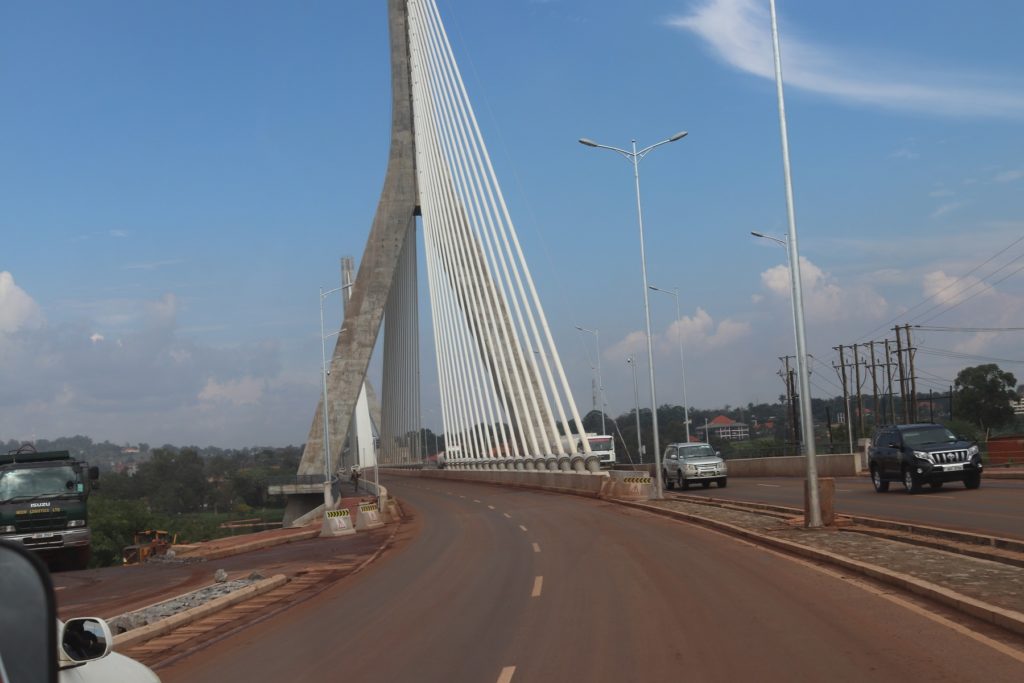
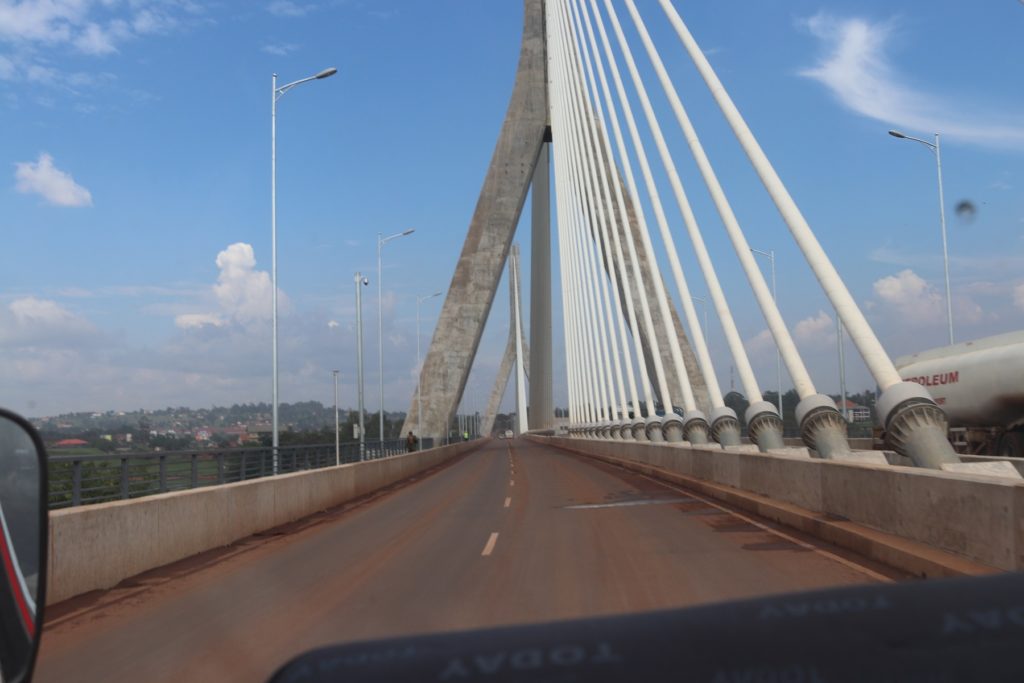
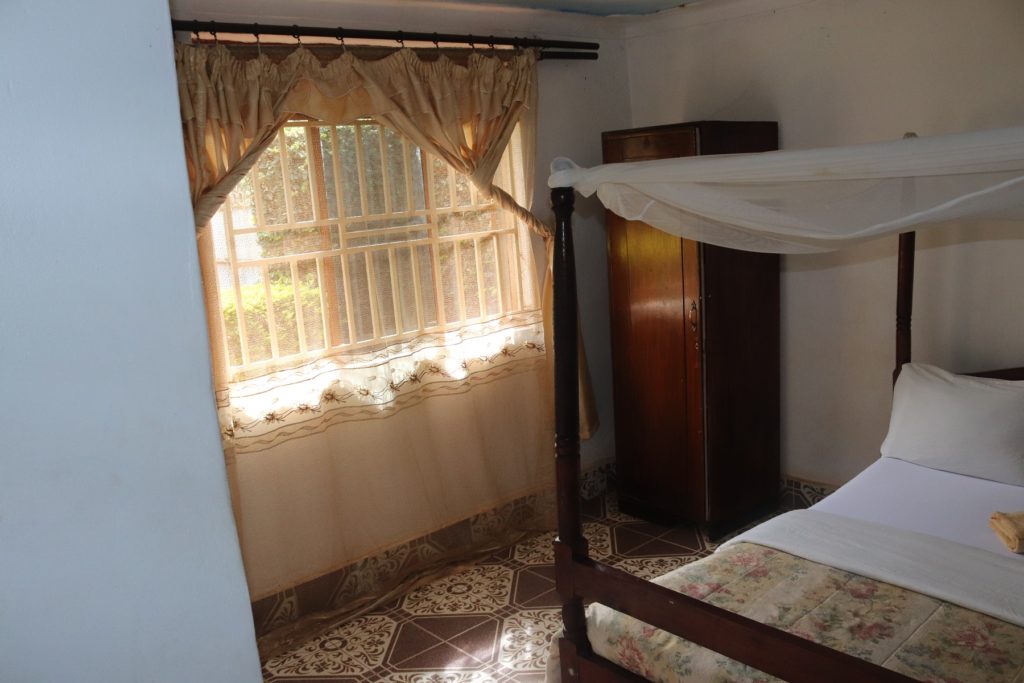
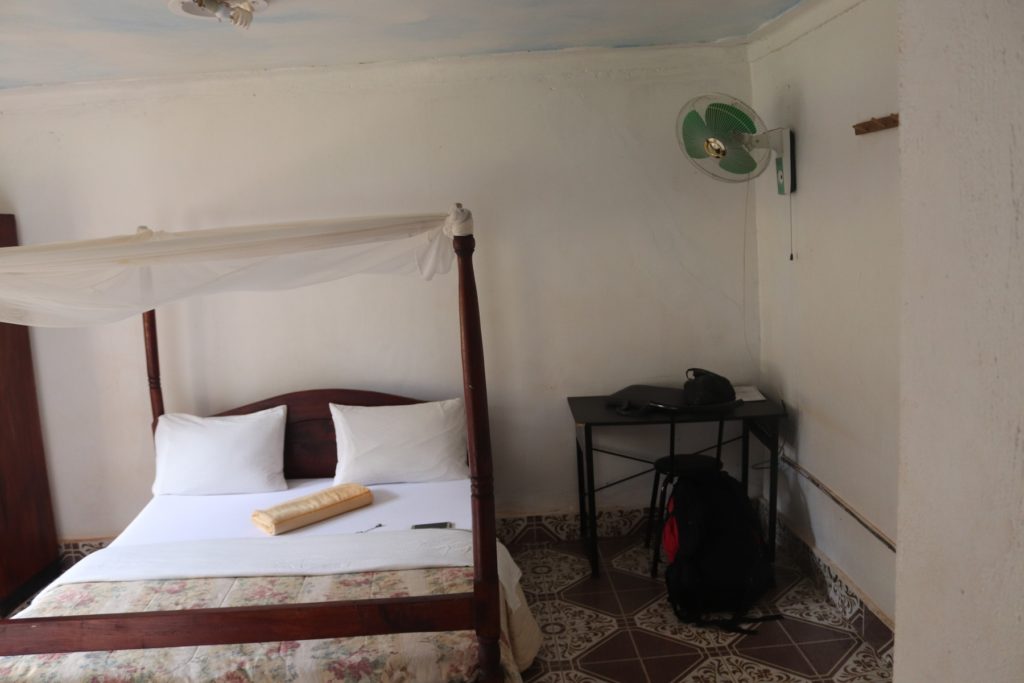
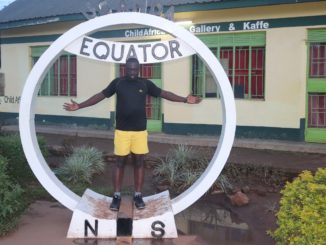
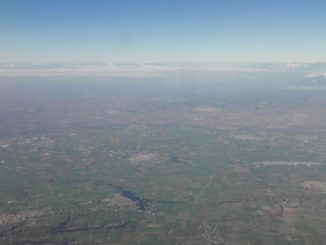
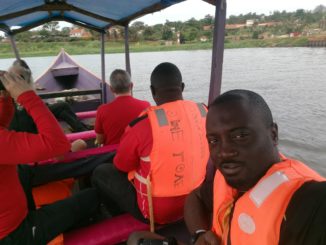
Be the first to comment